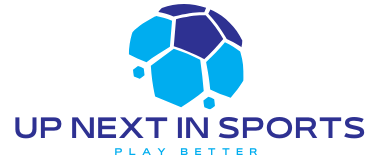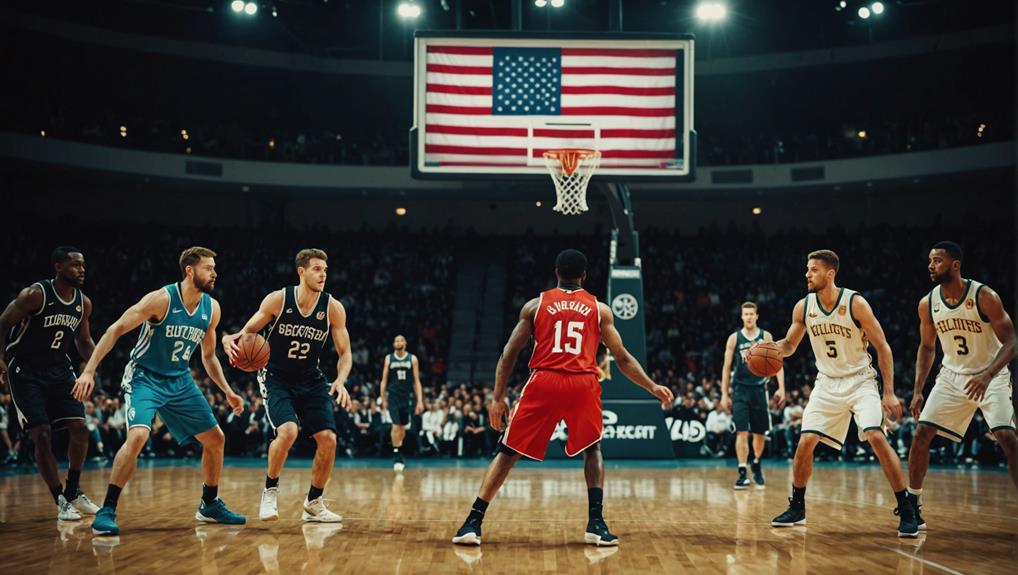
7 Best Global Competition Challenges in Basketball Expansion
May 16, 2024Mastering global basketball competition challenges involves overcoming cultural barriers, diverse playing styles, international cooperation hurdles, fair competition standards, diversity promotion, sportsmanship maintenance, and leveraging diverse talents. To succeed in this dynamic landscape, you must adapt to various cultural norms, understand different playing approaches, foster international collaboration, uphold fair play, embrace diversity, exhibit sportsmanship, and harness talents from diverse backgrounds. These challenges shape the fabric of the sport's global expansion and competitiveness, driving teams and players to continually evolve and excel in the face of adversity.
Cultural Barriers in Basketball Expansion
Mastering cultural barriers in basketball expansion requires understanding and adapting to diverse playing styles, coaching methods, and fan expectations across regions.
In international basketball, these cultural barriers can present challenges such as language barriers that hinder player development and league expansion. Effective communication is essential for managing these differences and ensuring successful market penetration.
Cultural norms and traditions may also clash with global basketball standards, necessitating careful maneuvering for expansion and acceptance in new markets. To overcome these challenges, cultural sensitivity training and forming local partnerships are vital steps.
Respect for diverse cultural practices builds trust and credibility in new basketball markets, fostering long-term growth and sustainability. By adapting strategies to align with unique cultural contexts, basketball organizations can effectively address cultural barriers and pave the way for successful expansion into international territories.
Adapting to Diverse Playing Styles
Mastering diverse playing styles in basketball expansion involves understanding and adapting to the unique strategies and techniques utilized by players from various regions. NBA teams face the challenge of competing against international players with diverse skill sets and playing styles. To excel in global competitions, teams must embrace the diversity and develop competitive strategies that cater to different game plans.
Here are key aspects to take into account when adapting to diverse playing styles:
- Analyzing Opponents: Coaches and players need to meticulously study and analyze the playing styles of international rivals to formulate effective game plans.
- Flexibility: NBA teams must be flexible and adaptable, ready to adjust their tactics to counter unconventional playing styles.
- Enhanced Competitiveness: Embracing the variety of playing styles not only adds excitement to global competitions but also elevates the overall competitiveness in the basketball landscape.
International Cooperation Challenges
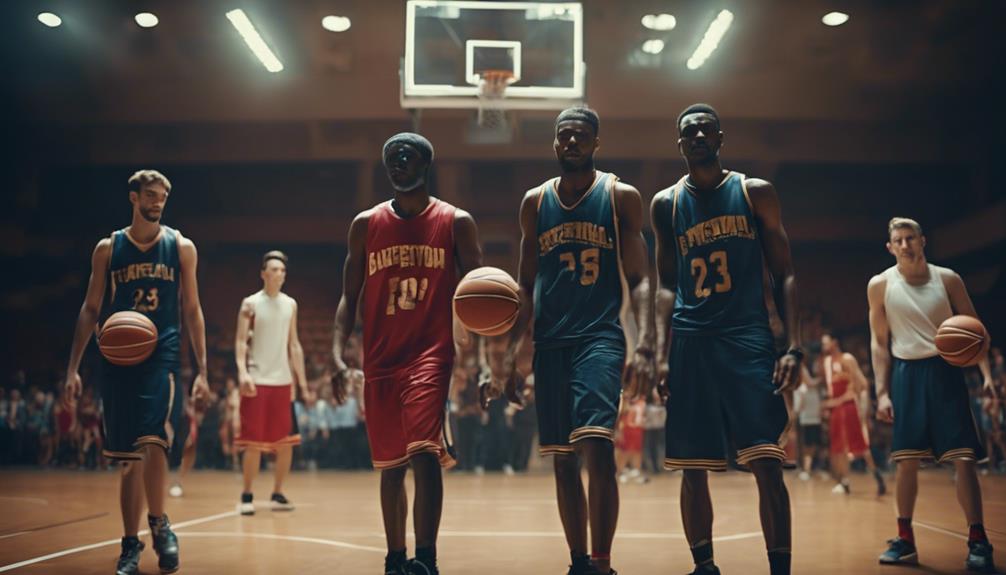
Managing international cooperation challenges in basketball expansion requires adeptly handling cultural differences, language barriers, and varying regulatory frameworks.
Establishing partnerships across borders can be intricate due to geopolitical tensions and differing business practices. Building trust with international stakeholders is crucial for successful collaboration in new markets. Balancing the interests of multiple countries demands diplomacy, negotiation skills, and a profound understanding of global dynamics.
Overcoming logistical challenges like travel and communication barriers is essential for fostering international cooperation. Navigating through language disparities and regulatory variations necessitates careful attention and adaptability. By acknowledging cultural nuances and respecting diverse perspectives, you can strengthen international relationships within the basketball expansion domain.
Emphasizing transparent communication and mutual respect can help bridge gaps caused by cultural differences. Investing time in understanding the regulatory environments of different regions is key to overcoming complex international cooperation challenges successfully. Ultimately, by promoting trust building and embracing global diversity, you can manage the intricate landscape of international partnerships in basketball expansion.
Ensuring Fair Competition Standards
What measures can be taken to guarantee fair competition standards in global basketball expansion efforts?
When expanding basketball globally, securing fair competition standards is paramount to maintain the integrity of the sport. Here are some key steps to achieve this:
- Implement Transparent Rules and Regulations: Enforce clear and transparent rules and regulations to create a level playing field for all teams and players involved in the expansion efforts.
- Combat Doping, Match-Fixing, and Corruption: Address issues such as doping, match-fixing, and corruption diligently to uphold fair competition standards and prevent any unfair advantages that could compromise the integrity of the sport.
- Establish Strong Governance Structures: Put in place robust governance structures and oversight mechanisms to monitor and regulate the expansion process effectively. This will help prevent any potential misconduct, maintain competitive balance, and ensure that fair play prevails in global basketball expansion endeavors.
Promoting Diversity in Basketball
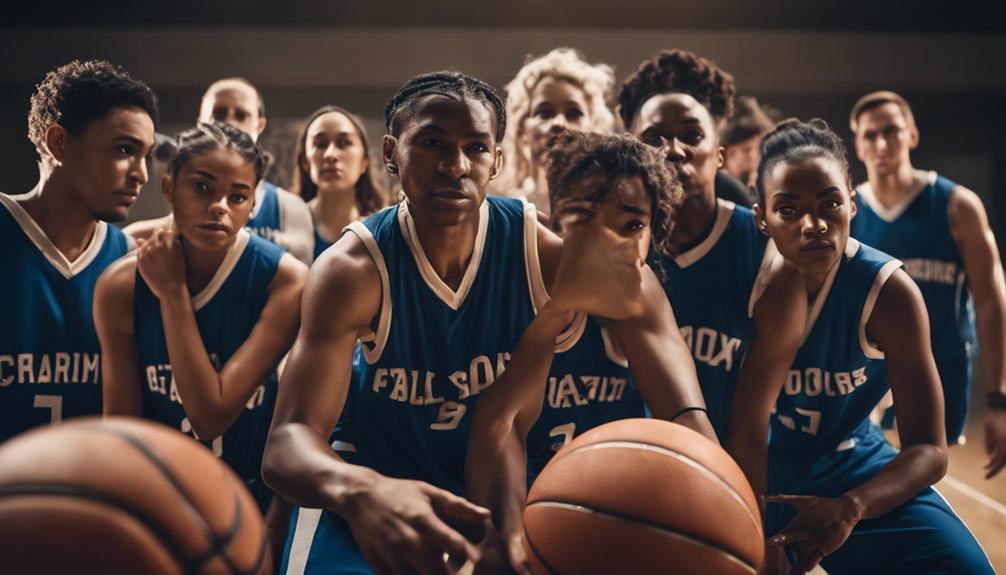
To uphold fair competition standards in global basketball expansion, fostering diversity in the sport is essential to enhancing talent pools and promoting inclusivity. Increasing diversity in basketball brings different playing styles and perspectives to the game, enriching the talent pools and creating a more dynamic and competitive environment. By promoting diversity, barriers within the sport can be broken down, fostering inclusivity and providing opportunities for players from various backgrounds to showcase their skills on a global platform.
Embracing diversity in basketball not only benefits the sport itself but also attracts a wider fan base, creating a more culturally rich and engaging experience for spectators. Programs like Basketball Without Borders play a significant role in promoting diversity by providing platforms for young players from diverse backgrounds to participate and excel in the sport. This celebration of diversity contributes to social cohesion and unity by emphasizing mutual respect among players and fans, ultimately creating a more inclusive and welcoming basketball community.
Maintaining High Sportsmanship Levels
Maintaining high sportsmanship levels in basketball is essential for ensuring fairness and upholding the integrity of the sport.
Emphasizing ethics in competition and adhering to fair play standards are key components of fostering respect and creating a positive competitive environment.
Ethics in Competition
Upholding ethical standards in global basketball competition is a critical factor in fostering a culture of high sportsmanship levels. To maintain integrity and promote fair play, it's essential to:
- Encourage ethical behavior: Setting a standard for players, coaches, and officials to uphold ethical values enhances the positive image of the sport.
- Promote a sportsmanship culture: Emphasizing respect for opponents and the game itself helps in creating an environment where competitiveness aligns with ethical considerations.
- Address unsportsmanlike conduct: Dealing decisively with issues like cheating and inappropriate behavior is crucial for safeguarding the credibility and integrity of international basketball competitions.
Fair Play Standards
How can global basketball competitions consistently uphold fair play standards to guarantee high sportsmanship levels?
Vital play standards are essential for maintaining ethical conduct, equality, integrity, and respect in global competitions. By adhering to these principles, a level playing field is established, fostering a positive competitive environment within the basketball industry.
It's essential to enforce fair play to prevent violations, which could lead to sanctions, penalties, and reputational damage for those involved. Emphasizing vital play standards not only ensures credibility but also promotes the sustainability and growth of basketball as a global sport.
Upholding these values is key to creating a fair and respectful atmosphere for players, teams, and officials on and off the court.
Leveraging Talents From Diverse Backgrounds
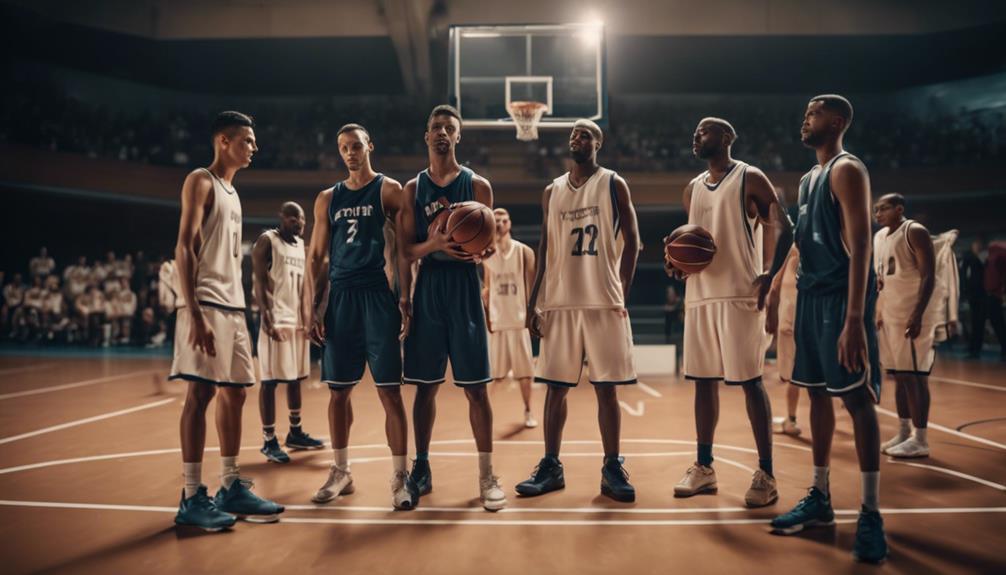
Leveraging talents from diverse backgrounds has become a cornerstone of the NBA's global competitiveness. The league's concerted efforts in scouting have brought in a plethora of international players, constituting over 25% of the NBA roster. These players, like Giannis Antetokounmpo and Luka Dončić, showcase unique skills and playing styles, enriching the league's global appeal and competitive environment. NBA teams actively seek out talents from various backgrounds to foster an inclusive environment on the court.
The success stories of international players such as Dirk Nowitzki and Yao Ming underscore the value of leveraging diverse talents in elevating the quality and competitiveness of basketball on a worldwide scale. By embracing players from different cultural and playing backgrounds, the NBA not only diversifies its talent pool but also creates a more dynamic and exciting game for fans globally. This commitment to inclusivity and talent diversity cements the NBA's status as a leading force in global basketball competition.
Conclusion
As you navigate the world of global basketball expansion, remember that challenges are simply opportunities in disguise.
Embrace the cultural barriers, diverse playing styles, and international cooperation hurdles as chances for growth and innovation.
By promoting diversity, maintaining sportsmanship, and leveraging talents from all backgrounds, you aren't just expanding the game of basketball, but also building bridges between nations.
Keep pushing boundaries, embracing differences, and aiming for greatness on and off the court.
